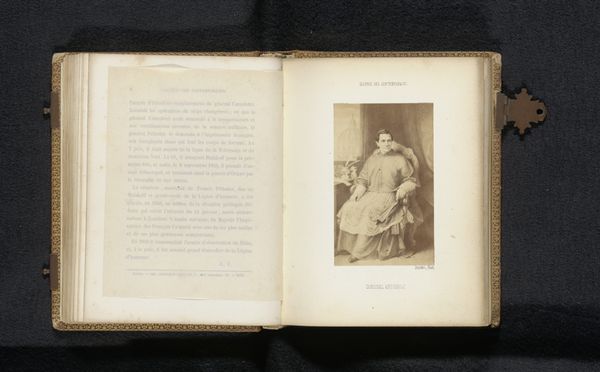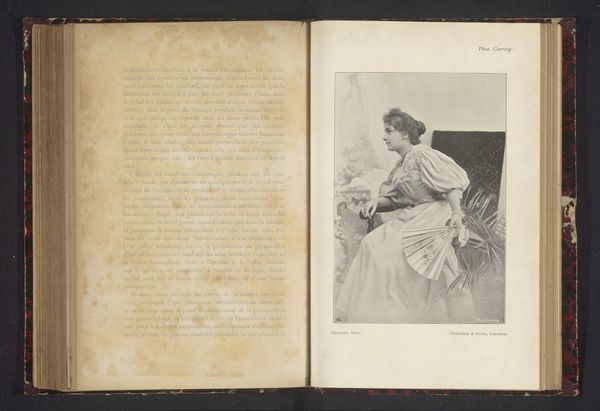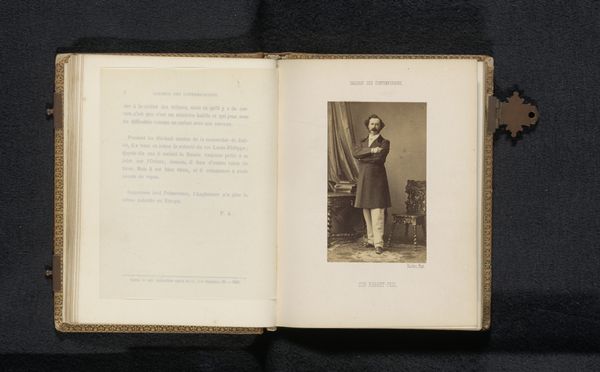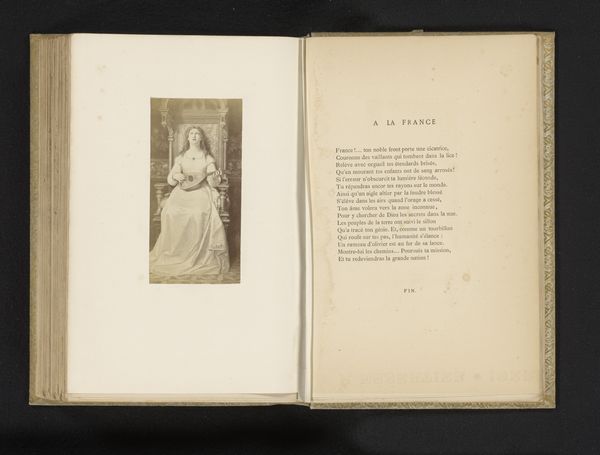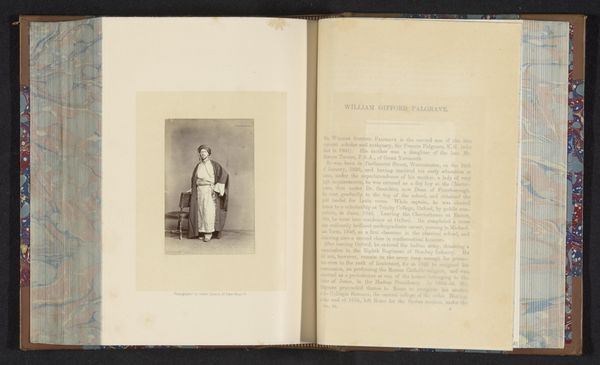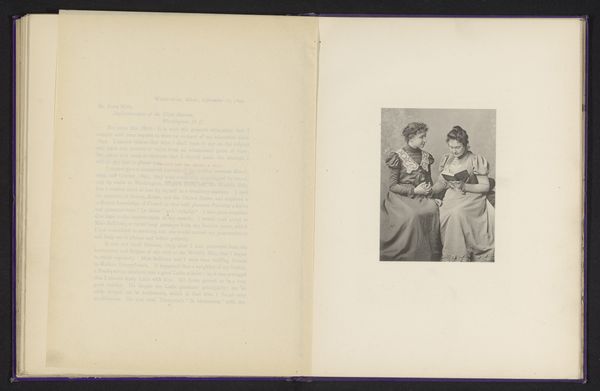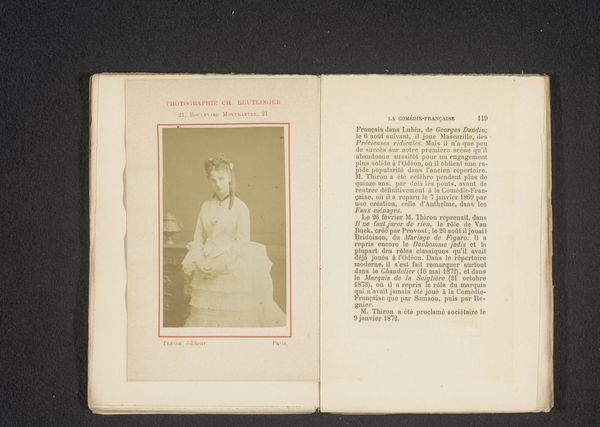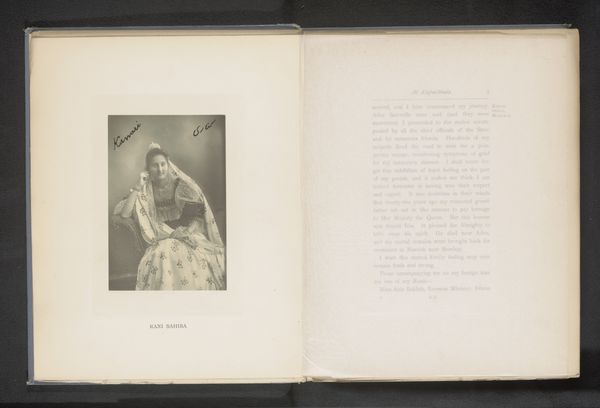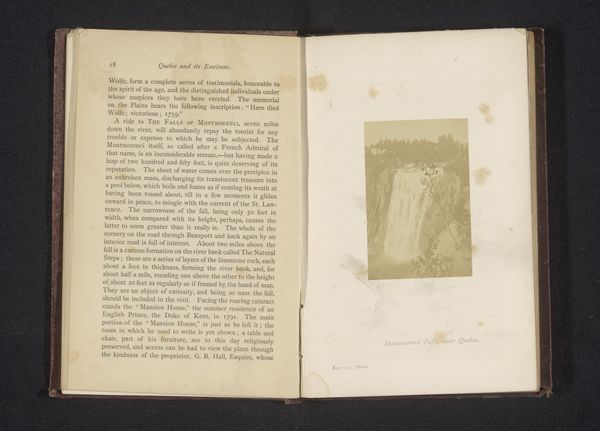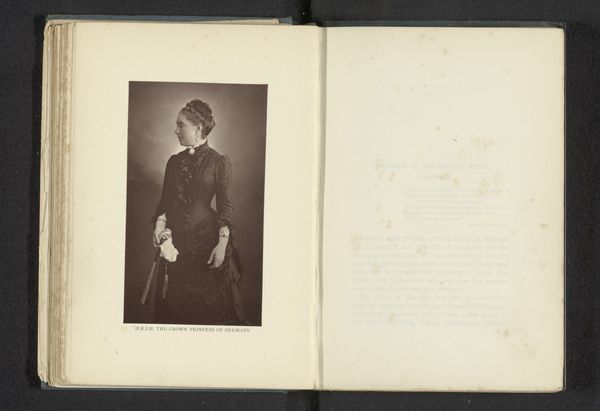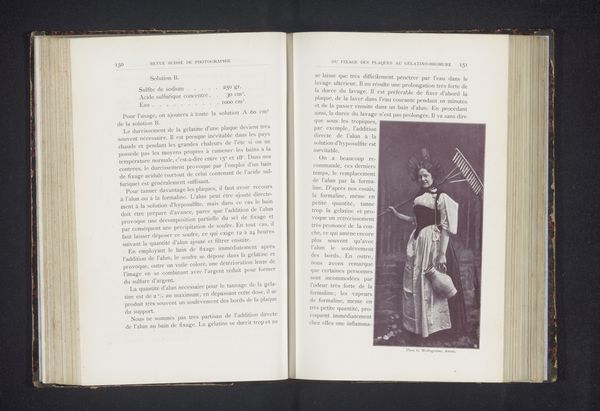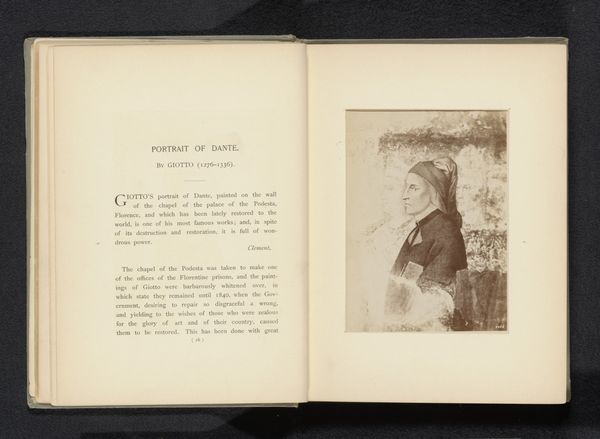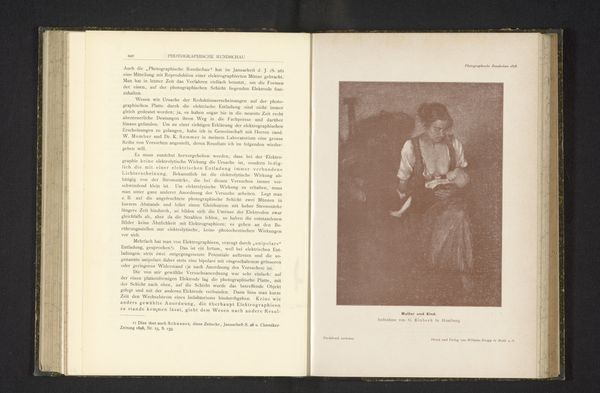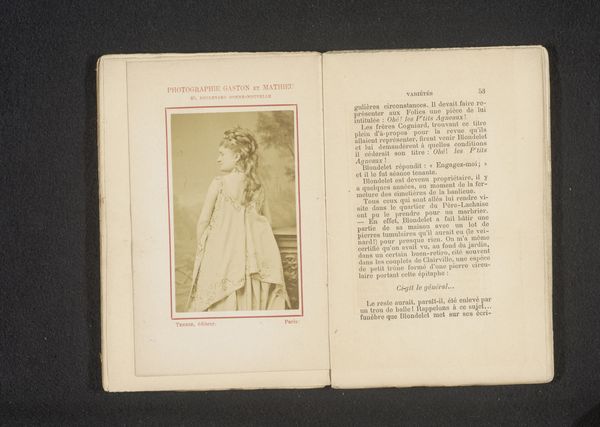
photography, albumen-print
#
portrait
#
aged paper
#
toned paper
#
sketch book
#
photography
#
personal sketchbook
#
journal
#
coloured pencil
#
pen and pencil
#
sketchbook drawing
#
sketchbook art
#
albumen-print
#
historical font
Dimensions: height 87 mm, width 53 mm
Copyright: Rijks Museum: Open Domain
This photograph of Constance Nantier-Didiée was made by André-Adolphe-Eugène Disdéri, using a process called albumen print, a popular technique in the 19th century. The albumen print begins with coating paper with egg white and then sensitizing it with silver nitrate. This light-sensitive surface is then exposed to a negative, creating a detailed, sepia-toned image. It's a process demanding precision: each print requires skill in coating, exposure, and development. It's also intimately tied to burgeoning consumerism and the rise of celebrity culture, as figures like Constance Nantier-Didiée gain visibility through mass-produced images. The photograph's texture and tones, a direct result of the chemical reactions on the paper's surface, invite us to consider the labor-intensive process behind each image. The rise of photography also shifted art from unique handmade objects to reproducible images, reshaping how we perceive art and its role in society.
Comments
No comments
Be the first to comment and join the conversation on the ultimate creative platform.
